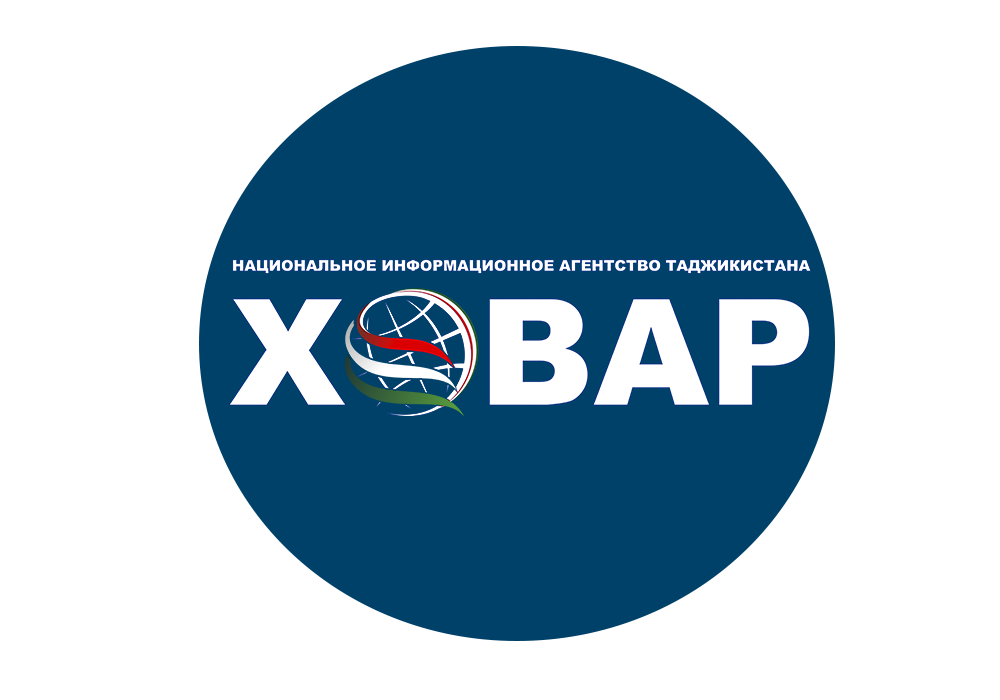ONLY RAINS CAN HELP CATTLE BREEDERS OF HATLON
Kurgan Tyube, December, 10th. (Murod Sotiev, Olga Saprykina, the NIAT "Khovar"). — Situation in maintenance and preparation of forages of animals in Hatlon region can be improved, if it will rain. The deputy chief of the department of agriculture of the region Tagay Abdulloev informed the NIAT "Khovar" about it. As he said, now in Hatlon more than 312 thousand tons of rough forages, about 1,5 thousand various fodder concentrates, more than 41 thousand juicy forages are prepared. However, this volume can be not enough if it will be so cold as last year. "This year in mountains there were no rains, and it was influenced on preparation of forages", noted T. Abdulloev. As he said, now in Hatlon there are more than 79,5 thousand heads of large livestock, about 395,5 thousand of small livestock, about 150 thousand birds, more than 14 thousand various horse breeds. T. Abdulloev has noticed that in Hatlon 30 heads of Pamir yaks are delivered. They have been disposed in Baldjuvan and Hovaling. However, it is only an experiment and if these animals can adapt in climatic conditions of Hatlon, further the great attention will be paid to it.











 Агентство по гидрометеорологии Таджикистана предупреждает о возможности селевых явлений и схода лавин
Агентство по гидрометеорологии Таджикистана предупреждает о возможности селевых явлений и схода лавин О ПОГОДЕ: сегодня на востоке Горно-Бадахшанской автономной области местами снег
О ПОГОДЕ: сегодня на востоке Горно-Бадахшанской автономной области местами снег 1031 житель сёл Фуругде и Хилоли получил доступ к чистой питьевой воде
1031 житель сёл Фуругде и Хилоли получил доступ к чистой питьевой воде О ПОГОДЕ: в связи с выпадением осадков в некоторых реках Таджикистана ожидается повышение уровня воды
О ПОГОДЕ: в связи с выпадением осадков в некоторых реках Таджикистана ожидается повышение уровня воды О ПОГОДЕ: сегодня в Таджикистане переменная облачность, в долинах дождь
О ПОГОДЕ: сегодня в Таджикистане переменная облачность, в долинах дождь Открыт приём заявок на Международный конкурс научно-исследовательских работ молодых учёных
Открыт приём заявок на Международный конкурс научно-исследовательских работ молодых учёных О ПОГОДЕ: сегодня в Таджикистане переменная облачность, без осадков, туман
О ПОГОДЕ: сегодня в Таджикистане переменная облачность, без осадков, туман Более 27 тысяч таджикских студентов обучаются в вузах России
Более 27 тысяч таджикских студентов обучаются в вузах России Создаётся инвестиционный мост между капиталами Залива и проектами в Центральной Азии
Создаётся инвестиционный мост между капиталами Залива и проектами в Центральной Азии В Москве состоялось мероприятие в честь 31-й годовщины Народной Демократической партии Таджикистана
В Москве состоялось мероприятие в честь 31-й годовщины Народной Демократической партии Таджикистана О ПОГОДЕ: сегодня в Душанбе переменная облачность, без осадков, туман
О ПОГОДЕ: сегодня в Душанбе переменная облачность, без осадков, туман В Национальной академии наук Таджикистана состоялась научная конференция в честь годовщины основания Народной Демократической партии Таджикистана
В Национальной академии наук Таджикистана состоялась научная конференция в честь годовщины основания Народной Демократической партии Таджикистана











